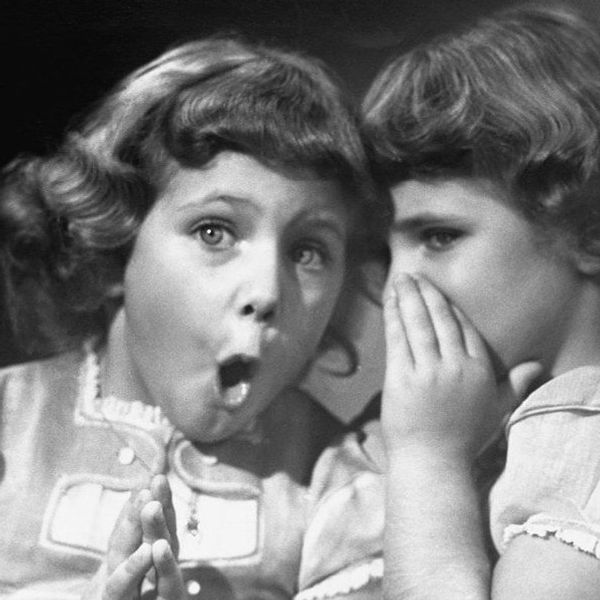To be a queer millennial in a post-pulse USA is to recognize the uncertainty of your future, to finally connect the dots only to find yourself inherently unsafe. It is to know that you are safe nowhere, the spaces you idolized as free of violence and open to you in every imaginable way are now tainted with a very real threat of violence. To be a queer millennial in a post-pulse USA is to realize, as so many queer people have before you, that you do not own your body because at any given moment it can be taken away from you.
After pulse, it took me quite a long time to come to terms with what had happened and what it actually meant. For me, my queerness has always been a source of pride, something I accept as part of my personality. I don’t think I’ve even been the type of person to flaunt my personality but that doesn’t necessarily mean that I never come out, rather I’ve always just thought that my sexuality wasn’t the whole of my personality so sharing it immediately just never made sense to me.
I was at the national speech and debate tournament in Salt Lake City, Utah when the news broke. I remember waking up at around three in the morning, checking my phone and seeing a news alert for another shooting. I assumed it was just another mass shooting, another daily act of gun violence far too common in the U.S. When I woke up I realized how bad it actually was, with Pulse being the worst mass shooting in US history, but I still hadn’t realized what it meant. I think it took two full weeks to finally come to the conclusion that what happened at pulse could happen anywhere. I had read about and studied the history of violence in the US leading up to stonewall and what continued to happen afterward, but for me, those massive acts of violence had ended. With the passing of marriage equality, I finally had hope that some progress, small as it may be, had been made and that maybe, just maybe, my body was my own.
After pulse, however, I began to realize that marriage equality was nothing more than a smokescreen for the everyday violence that queer people, especially queer people of color, face on a daily basis. I began to realize, as so many queer people have before, that the legacy of violence is still happening and will continue until after I am gone. I realized that safe spaces are non-existent and queer bodies will always live under the threat of violence. I began to realize for the first time in my life that I was truly afraid, that violence against queer people was real and it could happen at any time, any place, and for any reason.
Looking back at the aftermath of pulse, I am left just as disappointed. The federal ban on MSM donating blood for one year still exists and in some places, the lifetime ban is still enforced. U.S. Sen. Marco Rubio (R-Fla.), two months after pulse is attending an anti-LGBT Rally and will deliver the keynote address. And even most recently, the outing of Olympic athletes in Rio seems to remind me again how unsafe queer people are at all times. It seems as though positive social change is little more than a trend leaving me wondering how much more violence is necessary before people realize the change needs to happen.























